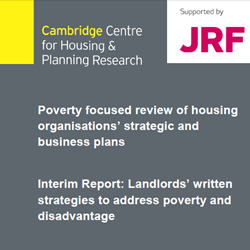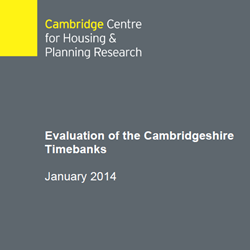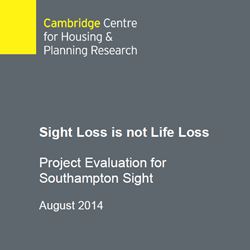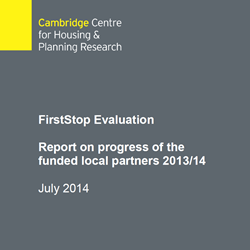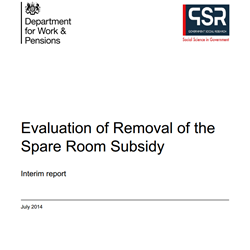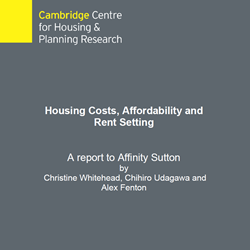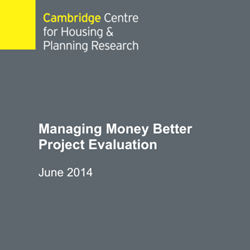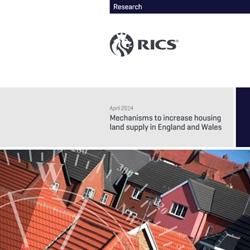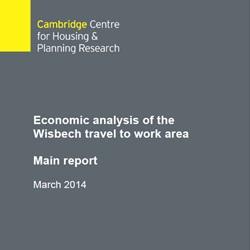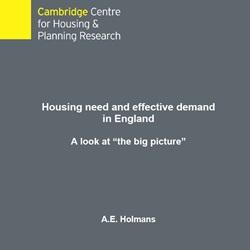Read more at: Managing Money Better Project Evaluation
Managing Money Better Project Evaluation
19 June 2014
The Managing Money Better (MMB) project provides money management information and advice through the FirstStop information and advice service for older people, their families and carers through its website, national telephone advice line and its existing network of local partners and peer to peer services, which deliver face to face information and advice on housing, care and money options. It is an integrated part of the housing and care options support service offered by FirstStop. The project aims to reach more vulnerable older people, particularly by providing money advice as a key element of housing and care options advice and support. Dr Gemma Burgess has evaluated the MMB project to analyse the outcomes for vulnerable older people using the service.

